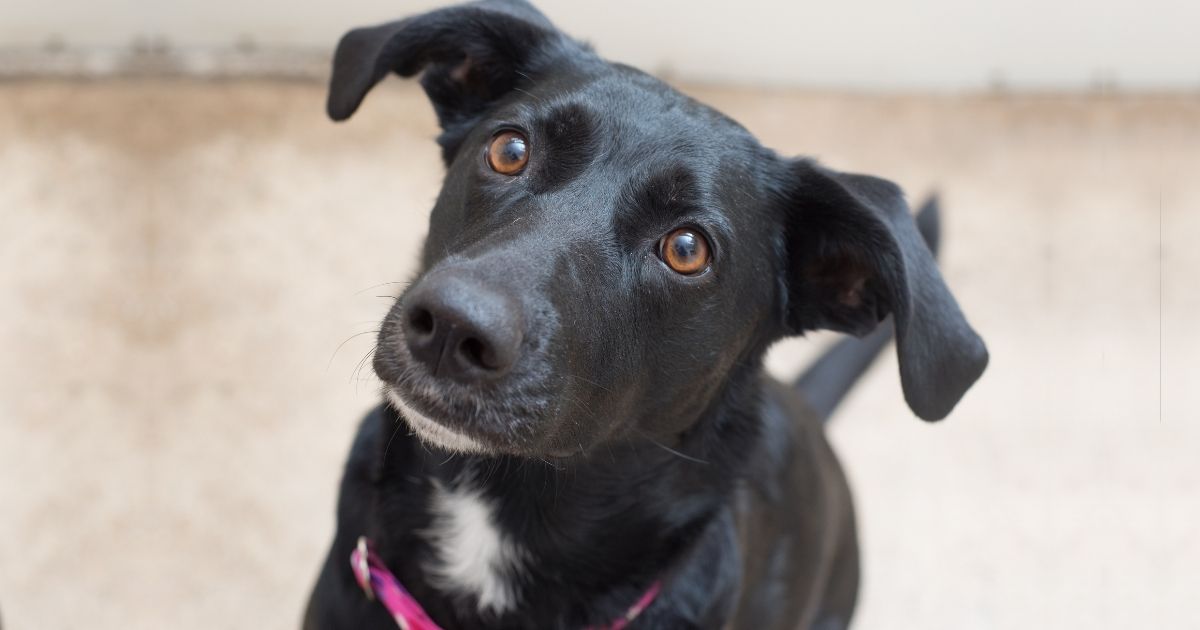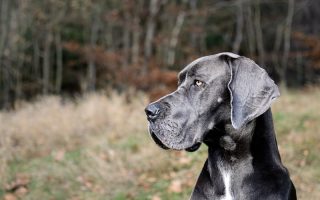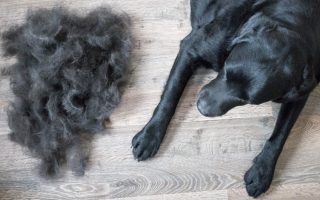Something that is hypoallergenic is unlikely to trigger an allergic response. The “hypoallergenic” dog breeds, on the other hand, can nevertheless produce allergic responses. Labrador retrievers are usually not hypoallergenic, but there are exceptions. In the following information, we’ll clarify what all this implies. The straightforward answer is that Labradors are among the varieties that are not hypoallergenic since they lose their fur on a regular schedule.

Let’s dive deep to know more.
What Does It Mean to Be Hypoallergenic?
When a person’s immune system reacts to certain proteins, often known as allergens, an allergic response occurs. When a person is allergic to dogs, their immune system reacts to allergens that the dog produces. These sensitivities can be present in the dog’s fur, pollen, spit, urine, secretions, and other body fluids. This suggests that allergens produced by even hairless dogs.
Some dog allergy sufferers might not react to all dog allergens. As a result, some canines may tolerated better by some persons than others. Even dogs of the same breed do not generate the same allergies.
This implies that a person may have an allergic reaction to one dog but not to another, even if they are from the same litter. All dogs create allergies in some form or another. Some, on the other hand, create fewer allergens than others, making them less prone to cause allergic responses. These canines may still aggravate those with severe allergies or asthma.
What Do Hypoallergenic Dogs Look Like?
“Things designed to lessen or minimize the potential of an allergic response” characterized as hypoallergenic.
This implies that something labelled hypoallergenic does not ensure that it will not trigger allergies; rather, it is more likely to limit or diminish an allergic reaction.
Some people mistakenly believe that hypoallergenic means “no shedding dog.” In most situations, it has little to do with their hair or fur.
Dog allergies in humans seldom induced by the dog’s real hair or fur. They’re frequently triggered by the dog’s dander (dead skin), saliva, and/or urine.
Sneezing, eye irritation, droopy eyelids, runny nose, and skin rash are examples of allergy symptoms you or someone in your household may experience as a result of your immune response responding to the contact induced by the dog.
Different people may react differently to the same lab or dog, and not all dogs may elicit an allergic response in the same individual. The stature of the dog, the degree of intimate contact you have though. And the extent to which your dog occupies your area (such as your sofa, bed, or car) may all have an impact on how you are impacted by it.
Because every dog can shed skin, saliva, or urine, and the degree to which it affects a human varies, there are no 100% hypoallergenic dogs.
However, some kinds of dogs, such as Labrador Retrievers, shed a lot more fur than other kinds. Which might increase the amount of dander a person is exposed to.
Is it true that Black Labs are hypoallergenic? Is it true that Yellow Labs and Chocolate Labs are hypoallergenic?
Labradors Retrievers Hypoallergenic of all breeds would fall into the same group and would not be termed hypoallergenic dogs.
Black Labs, like yellow Labs and chocolate Labs, are not hypoallergenic. Color has no bearing on whether or not a lab is non-hypoallergenic, thus it doesn’t matter what color lab you’re contemplating.
Labradors noted for being profuse shedders, in addition to not being hypoallergenic. They have two coats, with the undercoat shedding heavily in the spring and fall.
Labradors shed all year, and keeping up with their shedding is a constant chore for their owners.
The Dog’s “Hypoallergenic” Myth
Much research has been conducted to determine whether “hypoallergenic” dogs emit less allergens than other breeds. So yet, no significant differences in allergen levels across breeds have discovered in any of these research. In reality, allergen levels were shown to greater in the homes of persons. Who owned “hypoallergenic” dogs on multiple occasions.
Dog allergies commonly associated with the dog’s hair or fur. As a result, when a dog breed is recognized for not shedding its fur, it is sometimes mislabeled as “hypoallergenic.” As previously stated, allergens can also found in a dog’s dander (dandruff), saliva, urine, and other body fluids. As a result, no dog is fully allergy-free.
In fact, dogs who shed very little can trigger just as many allergy responses as dogs that shed a lot. They might just trigger a variety of allergic responses.
Even hairless dogs generate saliva and dander to some extent. These allergy kinds and levels, as well as how they impact various persons, appear to vary across dogs.
Someone who is allergic to one dog breed, or even a specific dog within that breed, may not be allergic to another. The size of the dog might also play a role at times. Because a smaller dog generates less fur, saliva, and other allergies, he creates fewer allergens. The larger the dog, the greater the number of allergens he may create.’
Because no dog is completely allergen-free, no dog is completely safe for persons with allergies.
Is this a sign that I won’t be able to have a lab?
Not necessarily, however, if you are allergic to a lot of things, a Labrador might not be the best dog for you. If you don’t have serious dog allergies, though, having a Labrador can a good fit for you. According to certain research, Labrador retrievers have fewer allergies than other big breeds.
Several considerations might influence whether or not you could own a lab. How much effort you prepared to put in to reduce allergy levels in your home? How frequently do you wash and bathe your pet?
What modifications are you willing to make in your home to prevent hair from accumulating? Are you willing to use antihistamines on a regular basis? There are various things you can take to reduce allergies in your house, but you must first evaluate whether or not having a Lab is worthwhile.
What Other Dog Breeds Are Good For Allergy Sufferers?
So what should you do if you want to add a dog to your life, knowing that any dog has the potential to trigger your allergies?
While you might develop an allergy to any dog’s dander, saliva, or urine, there are specific dog breeds that may be less prone to cause allergy symptoms.
These dogs may be low-shedding breeds, which means less fur or hair will fall off their body and end up all over your house, vehicle, or furniture.
They may be less prone to shed the dander (skin) that is the source of your allergies if they shed less.
Is it true that Labradoodles are hypoallergenic?
Since we’ve addressed the subject of “Are Labradors Hypoallergenic?” the Labradoodle is a related dog that shares certain Labrador characteristics.
A Labradoodle is a cross between a purebred Labrador Retriever and a purebred Poodle.
Labradoodles come in three sizes: tiny, standard, and big, depending on the size of the Poodle with whom the Labrador Retriever was mated.
Different sorts of Labradoodles are available, each with a different percentage of Labrador or Poodle in them.
An F1 Labradoodle, for example, is 50 percent Lab and 50 percent Poodle.
An F1b Labradoodle is made up of 25% Lab and 75% Poodle.
I adore my lab, but I’m allergic to him. What am I supposed to do now?
Now that you know what “hypoallergenic dogs” means and that Labradors are not hypoallergenic, you might be asking whether there are any precautions you can do to help prevent dog allergies in your house.
We admire you if you already have a Labrador in your life and are attempting to make it work. Although labs and allergies aren’t always a good match, there are certain things you can do to improve your condition.
Wrap Up!
While Labradors have many wonderful traits that make them the most popular dogs in America, they are not hypoallergenic.
We like Labradors, but we also recognize that they aren’t the right dog for everyone. Their thick double coat may surely cause dander to released, which can cause irritation and discomfort for persons who are allergic to it. If you have dog allergies and are seeking a dog that is less likely to cause them, we recommend looking at the list above to get a sense of what kind of research you should conduct on different dog breeds.





![Hazards in the Home for Your Lab Puppy and How to Deal With Them [A Guide to Puppy-Proofing Your Home]](https://puplore.com/wp-content/uploads/Lab-puppy-proofing-your-home-320x200.jpg)

